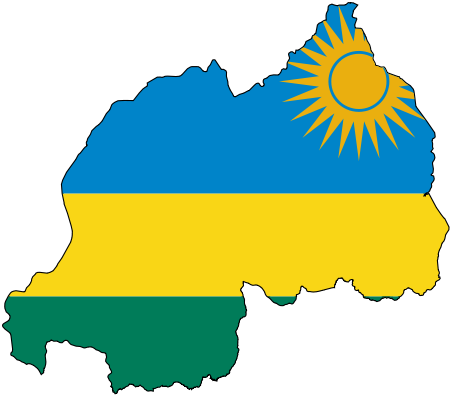The National Cardiovascular Health Program
This NOFO aims to implement and evaluate evidence-based strategies contributing to the prevention and management of CVD in populations at the highest risk.
However, given the importance of health equity, this new NOFO also addresses social and economic factors to help health systems respond to social determinants present in their communities to offer those at risk of, or burdened with CVD, the best health outcomes possible.
However, given the importance of health equity, this new NOFO also addresses social and economic factors to help health systems respond to social determinants present in their communities to offer those at risk of, or burdened with CVD, the best health outcomes possible.
Agency: Department of Health and Human Services
Office: Centers for Disease Control - NCCDPHP
Estimated Funding: $275,000,000
Office: Centers for Disease Control - NCCDPHP
Estimated Funding: $275,000,000
Obtain Full Opportunity Text:
http://grants.nih.gov/grants/guide/rfa-files/RFA-HD-23-008.html
Additional Information of Eligibility:
Per the program’s authorizing statute or regulation: Sec 317(a) of the Public Health Service Act [42 USC 247b] only State governments, including the District of Columbia, or their bona fide agents are eligible to apply. Local health departments are eligible to compete under a separate NOFO (The Innovative Cardiovascular Health Program), and Tribes and Tribal-serving organizations are and will continue to be funded under separate NOFOs (https://www.cdc.gov/healthytribes/index.htm). FY22 House Report language asserts the significant increases to DHDSP’s budget allocations should be directed to “support, strengthen, and expand current evidence-based initiatives at the State, local, tribal, and territorial level.” Committee language further supports a continuation of DHDSP’s current efforts and “recognizes the vital importance of addressing cardiovascular disease among women and underserved communities, communities of color, those communities with limited access to information about cardiovascular health disease, and communities at risk for delaying regular monitoring of cardiovascular health as a result of the COVID–19 pandemic.
The Committee supports CDC’s efforts to improve our understanding of the outcomes and health effects of COVID–19 infection, including cardiovascular disease.” [House Committee Report 117-96, p.
89.
Available at: CRPT-117hrpt96.pdf (congress.gov)]More recently, FY23 House Report language directs efforts to “support, strengthen, and expand evidence-based initiatives at the State, local, tribal, and territorial level.
The Committee recognizes the vital importance of addressing cardiovascular disease among women, particularly women of color, and further recognizes that the resulting costs to the health care system of unrecognized cardiovascular disease in women can be substantially reduced with appropriate public awareness and prevention”.
[FY23 House Report 117-403, p.
80.
Available at:CRPT-117hrpt403.pdf (congress.gov)] FY23 Explanatory Statement asserts the agreement includes an increase to strengthen and expand evidence-based heart disease and stroke prevention activities focused on high risk populations. Applicants should refer to the funding table for specific funding amounts for each state.
Full Opportunity Web Address:
http://grants.nih.gov/grants/guide/rfa-files/RFA-HD-23-008.html
Contact:
Agency Email Description:
NationalCVH@cdc.gov
Agency Email:
Date Posted:
2023-02-24
Application Due Date:
Archive Date:
2023-05-25
Social Entrepreneurship
Spotlight
Rwanda as Social Entrepreneur Fund Beneficiary

The Republic of Rwanda has been picked as one of the six African countries as beneficiaries for a new fellowship fund program designed at supporting social entrepreneurs in tackling issues on food security.
